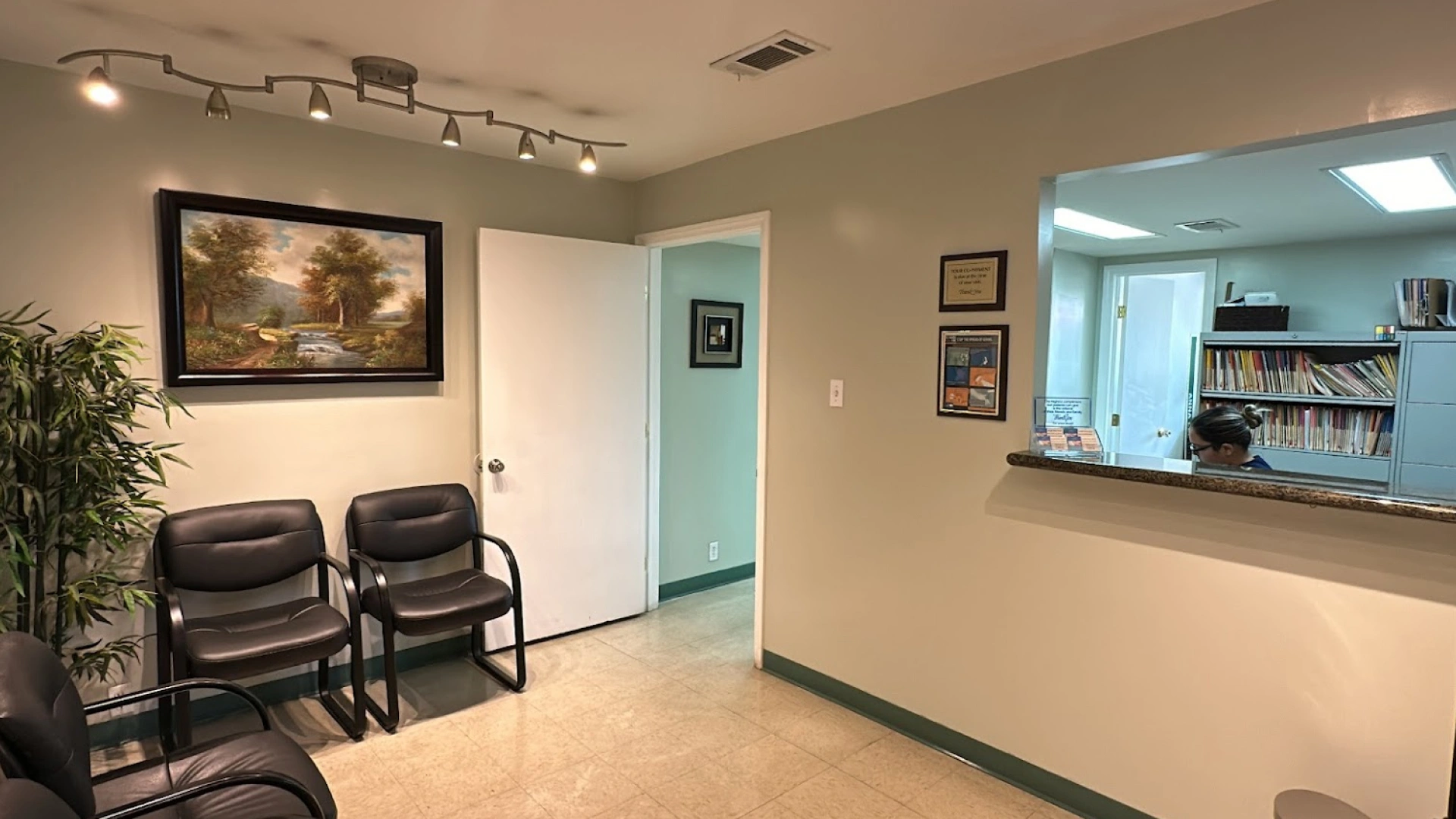
Jaw pain, clicking sounds, or difficulty chewing can be more than just minor discomforts. They could be signs of temporomandibular joint (TMJ) disorder. Millions of people experience TMJ-related issues, yet many overlook early symptoms. Without proper care, the condition may worsen, leading to persistent pain and restricted jaw movement.
Common Signs of TMJ Disorder
Recognizing TMJ disorder early helps in managing it effectively. Some of the most frequent symptoms include:
- Jaw pain or tenderness, especially in the morning
- Clicking or popping noises when opening or closing the mouth
- Difficulty chewing or biting
- Facial pain or discomfort near the ears
- Frequent headaches or migraines
- Locking of the jaw in an open or closed position
- Ear ringing or a sensation of fullness
Causes of TMJ Disorder
Several factors contribute to TMJ disorder, making it essential to identify the root cause for effective treatment. Key causes include:
- Jaw injury or trauma
- Chronic teeth grinding (bruxism)
- Misalignment of the teeth or jaw
- Arthritis affecting the jaw joint
- Stress-related jaw clenching
- Poor posture leads to strain on the jaw and neck muscles
Impact of TMJ on Daily Life
Persistent TMJ issues affect everyday activities like speaking, eating, and even sleeping. A 2022 study found that over 30% of TMJ patients reported sleep disturbances due to pain and discomfort. Chronic cases may lead to complications such as severe migraines, long-term joint damage, and heightened stress levels.
Effective TMJ Treatment Options
The right treatment depends on the severity of the condition. Some of the most effective TMJ treatment options include:
1. Lifestyle Adjustments
- Reducing stress to prevent jaw clenching
- Avoiding hard or chewy foods that strain the jaw
- Practicing good posture to reduce jaw pressure
2. Home Remedies
- Applying ice packs to reduce inflammation
- Performing gentle jaw stretches to improve mobility
- Using over-the-counter pain relievers for temporary relief
3. Dental Solutions
- Custom mouthguards to prevent teeth grinding
- Bite adjustments to align the jaw properly
- Orthodontic treatments for long-term correction
4. Medical Interventions
- Physical therapy to strengthen jaw muscles
- Prescription muscle relaxants or anti-inflammatory medications
- TMJ surgery in severe cases when other treatments fail
When to Seek TMJ Treatment in Glendora
Nearly 10% of Americans struggle with TMJ disorder. Ignoring TMJ symptoms may lead to chronic pain and jaw dysfunction. Seek professional care if:
- Pain persists for more than a few weeks
- Jaw movement becomes restricted or locked
- Home remedies fail to provide relief
- Symptoms interfere with daily activities
Finding the Right TMJ Specialist
Choosing the right dental professional ensures proper diagnosis and treatment. An evaluation may include:
- A physical examination of jaw movement
- Imaging tests like X-rays or MRI scans
- A review of lifestyle habits contributing to TMJ issues
TMJ disorder disrupts daily life, but early detection and proper care can prevent long-term discomfort. Seeking TMJ treatment options in Glendora helps restore jaw function and relieve pain effectively. Don’t let TMJ symptoms go untreated. Schedule a consultation today to explore the best treatment options.
Related Articles




